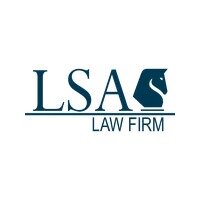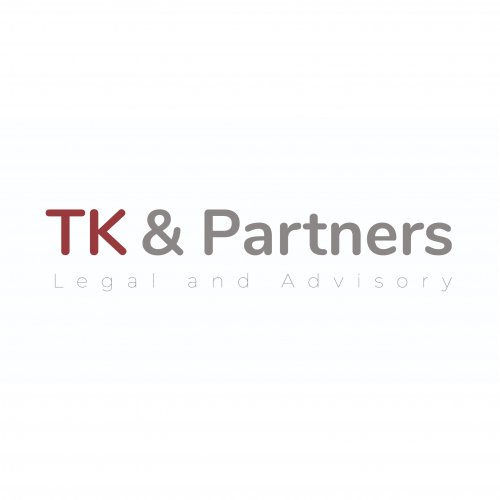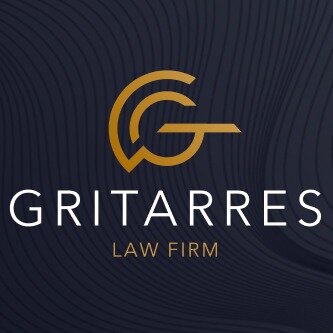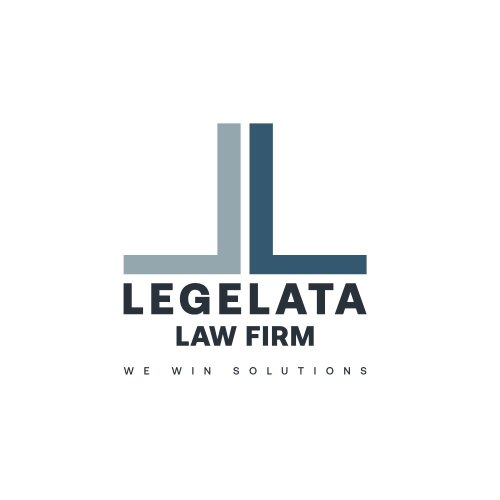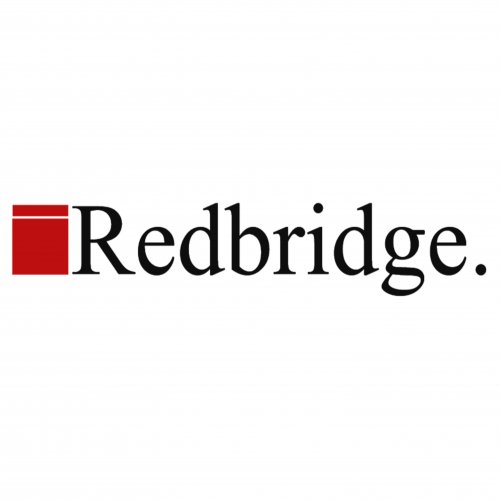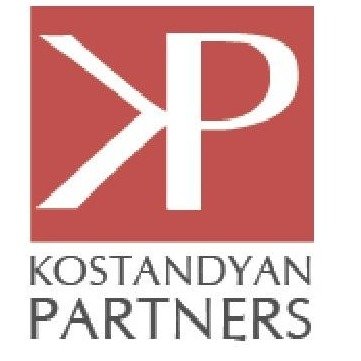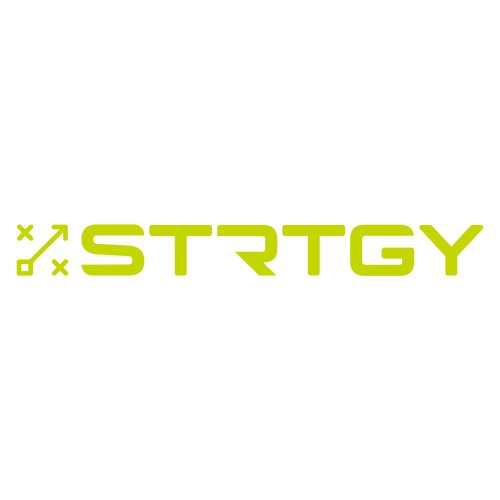Best Structured Finance Lawyers in Yerevan
Share your needs with us, get contacted by law firms.
Free. Takes 2 min.
List of the best lawyers in Yerevan, Armenia
About Structured Finance Law in Yerevan, Armenia
Structured Finance is a specialized field of finance that involves complex financial instruments, typically used to manage risk, enhance liquidity, and finance large projects or portfolios through tailored arrangements. In Yerevan, Armenia, Structured Finance transactions often involve asset-backed securities, securitizations, collateralized debt obligations, and other sophisticated arrangements that fall outside traditional lending or financing methods. These transactions are crucial to the development of Armenia’s financial markets and to enabling businesses and financial institutions to access funding and manage financial risk more effectively.
Why You May Need a Lawyer
Seeking legal advice in the field of Structured Finance is essential due to the complexity and regulatory requirements surrounding such transactions. Some common situations where you may need a Structured Finance lawyer in Yerevan include:
- Structuring or participating in asset-backed securities or securitization deals
- Drafting or reviewing complex financial agreements
- Navigating regulatory compliance regarding financial markets and investments
- Advising on cross-border financing or currency control issues
- Resolving disputes over payment defaults, collateral, or the performance of financial instruments
- Ensuring proper due diligence and documentation for structured products
- Guiding institutional investors or issuers on compliance in the Armenian market
- Assisting with tax planning related to structured finance transactions
Local Laws Overview
In Armenia, financial activities are regulated by several pieces of legislation and overseen primarily by the Central Bank of Armenia. For Structured Finance transactions in Yerevan, the most relevant legal areas include:
- Banking and Financial Institutions Law: Sets the framework for the operation of banks and non-banking credit organizations, including the issuance of debt securities and structured products.
- Securities Market Regulation: Governed by the Law on Securities Market, this covers issuance, trading, and disclosure obligations related to securities and structured instruments.
- Currency Controls: Regulations exist for cross-border transactions, which may impact how foreign-currency denominated structured finance deals are arranged.
- Collateral and Security Interests: The Civil Code and related laws govern registration, enforcement, and priority of collateral, which is crucial in asset-backed transactions.
- Taxation: The Armenian Tax Code provides the rules for direct and indirect taxation, which may affect the viability and structuring of finance arrangements.
Recent developments aim to align Armenia’s financial markets with international standards, affecting how structured products are issued, traded, and taxed.
Frequently Asked Questions
What is Structured Finance?
Structured Finance is a field of finance that utilizes complex products and financial engineering to manage risk and create investment opportunities. It goes beyond traditional loans or bonds by pooling assets or creating instruments backed by financial assets.
Who regulates Structured Finance in Armenia?
The Central Bank of Armenia is the primary regulator for financial markets, banks, and financial instruments, including those related to Structured Finance. Additional regulation comes from the Ministry of Finance and relevant tax authorities.
What types of transactions are considered Structured Finance in Yerevan?
Common transactions include asset-backed loans, securitizations, syndicated loans, collateralized debt obligations, and other tailored financing arrangements involving multiple parties or layers of risk.
Is foreign participation allowed in Armenian structured finance deals?
Yes, foreign entities may participate or invest in structured finance transactions in Armenia, though they must comply with local regulations regarding currency controls, taxation, and reporting.
What are the main legal risks in Structured Finance?
Legal risks include inadequate structuring or documentation, non-compliance with securities rules, insufficient registration of collateral, and disputes over payment or asset rights if counterparties default.
What is the role of a trustee or servicer in a structured finance deal?
A trustee or servicer typically manages the assets backing the structured product, ensures payments are distributed as agreed, and protects the interests of investors or lenders.
Can individuals participate in Structured Finance?
Structured Finance is primarily aimed at institutional investors, banks, and larger companies, though high-net-worth individuals may access certain products through private placements or investment funds.
How are disputes resolved in Structured Finance cases?
Most disputes are resolved through negotiation, mediation, or arbitration, but complex cases may go before Armenian courts or, if specified, international arbitration forums.
What documentation is required for such transactions?
Key documents include loan or bond agreements, security agreements, trust or servicing agreements, prospectuses or offering memorandums, and comprehensive legal opinions confirming compliance with Armenian law.
How are structured finance products taxed in Armenia?
Taxation depends on the type of product, participating entities, and structure of the transaction. Gains or coupon payments may be subject to income or withholding taxes, and advice from a legal or tax professional is strongly recommended.
Additional Resources
For those seeking more information or legal guidance on Structured Finance in Yerevan, the following organizations and resources may be helpful:
- Central Bank of Armenia - Regulatory authority for financial institutions and securities
- Ministry of Finance of Armenia - Responsible for fiscal policy and oversight
- Depository of the Central Bank of Armenia - Handles securities registration and settlement
- Armenian Bar Association - For locating qualified financial and corporate lawyers
- Association of Banks of Armenia - Industry association with updated regulatory information
- Financial Market Participants Union - Provides information on market practices and compliance
Next Steps
If you require legal advice or assistance with a Structured Finance transaction in Yerevan, Armenia, consider the following steps:
- Identify the nature and scope of your proposed transaction or issue
- Gather relevant documents, contracts, and any existing correspondence
- Consult a lawyer with expertise in Structured Finance and Armenian financial regulations
- Arrange an initial consultation to review your circumstances and possible options
- Assess ongoing legal and regulatory compliance requirements with your legal advisor
- Remain updated on changes in Armenian financial law that may affect your transaction
Working with a qualified legal professional will help you manage risk, ensure compliance, and achieve the most favorable outcome when dealing with Structured Finance in Yerevan.
Lawzana helps you find the best lawyers and law firms in Yerevan through a curated and pre-screened list of qualified legal professionals. Our platform offers rankings and detailed profiles of attorneys and law firms, allowing you to compare based on practice areas, including Structured Finance, experience, and client feedback.
Each profile includes a description of the firm's areas of practice, client reviews, team members and partners, year of establishment, spoken languages, office locations, contact information, social media presence, and any published articles or resources. Most firms on our platform speak English and are experienced in both local and international legal matters.
Get a quote from top-rated law firms in Yerevan, Armenia — quickly, securely, and without unnecessary hassle.
Disclaimer:
The information provided on this page is for general informational purposes only and does not constitute legal advice. While we strive to ensure the accuracy and relevance of the content, legal information may change over time, and interpretations of the law can vary. You should always consult with a qualified legal professional for advice specific to your situation.
We disclaim all liability for actions taken or not taken based on the content of this page. If you believe any information is incorrect or outdated, please contact us, and we will review and update it where appropriate.




